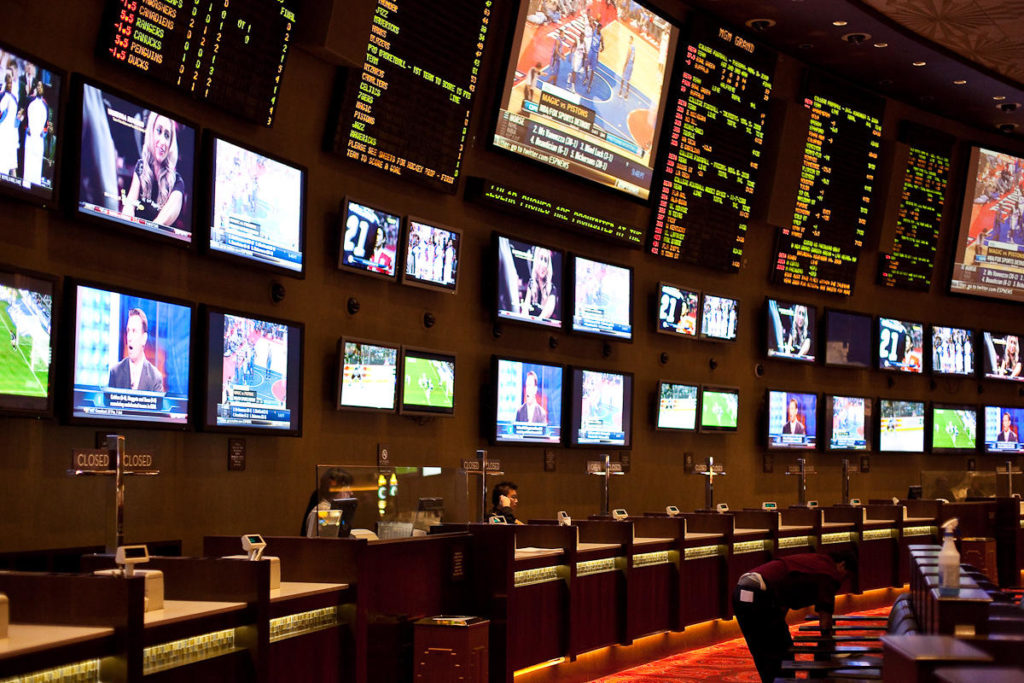Connecticut lawmakers have approved comprehensive legislation paving the way for sports betting and online gambling after years of negotiations with the state’s two federally recognized tribes.
The bill, passed in the state House of Representatives earlier this month and in the state Senate late Tuesday, must be signed by Gov. Ned Lamont and requires approval from the federal Bureau of Indian Affairs at the U.S. Department of Interior.
Here’s what else you need to know:
When will sports betting begin?
Lawmakers hope to launch sports betting in time for the start of the NFL season on Sept. 9.
Where will people be able to place bets on sports?
According to the legislation, in-person sports betting will be offered at the two tribal-run casinos — Foxwoods and Mohegan Sun — as well as at 15 retail locations statewide operated by the Connecticut Lottery Corp., including larger facilities in Hartford and Bridgeport. Bets on betting websites in the likes of best online casino can also be placed online from a computer or smartphone.
Can I place bets on Connecticut college teams?
No. The bill prohibits bets on sporting events that include a team from Connecticut. But bettors would be allowed to wager on tournaments that involve Connecticut teams as well as others, like filling out a bracket for the NCAA men’s or women’s basketball tournament.
Who can place bets?
Anyone who is 21 years or older can participate. For online betting, you must be physically located in Connecticut at the time the bet is placed. The bill prohibits athletes, coaches and referees who can part in a sporting event from wagering on the outcome.
How will online casino gaming work?
Similar to gambling at the casino in person, options will include slot machines, blackjack, craps, roulette, baccarat, poker, bingo and other games.
What else does the bill do?
It allows the Connecticut Lottery Corp. to offer online keno, machine a sous argent reel, and other online lottery draw games. It also suspends for 10 years authorization the legislature previously granted the two tribes to build a casino in East Windsor. The tribes had already placed plans to build the facility on hold.
How much money is the state going to raise from this expansion of gambling?
The state expects to generate $30 million in the next fiscal year and $83 million annually by the 2026 fiscal year through taxes on sports betting and online gambling.
What safeguards are being put in place to address problem gambling and restrict youth access?
The bill calls for additional money to be dedicated to problem gambling programs — $500,000 a year from each tribe and $1 million more from the Connecticut Lottery, which already contributes $2.3 million annually. It also requires online gambling operators to verify account holders are at least 21 years old. And it restricts advertisements for online gambling that are aimed at those under 21 years old or who feature people under the age of 21 unless they are a professional or collegiate athlete who is allowed to profit from their likeness being used.
Online gambling and sports betting operators will also have to be licensed through the state. Every five years they must undergo an independent review to make sure they are adhering to industry standards regarding responsible gambling.
What happens next?
Lamont must sign the legislation, which he has indicated he will do in the coming days. The state must then make revisions to gaming compacts it has with the Mashantucket Pequot and Mohegan tribes and get those changes approved by the federal government.

